Matteo Jorgenson on Training, Fatigue and Recovery
Matteo Jorgenson recently was interviewed by the crew over at WEDU, and he had some fascinating things to say about how his training differs now, from the time he was on his old team.
Key takeaways:
DIET IS KEY
FATIGUE MANAGEMENT
FUEL THE WORK
RECOVERY IS KEY
REDUCE STRESS
From the interview, and this is not an exact transcription:
“I'm on a different level physically, and I think a big part of that is due to the training. It's been a complete shift as far as what I'm doing day to day. It's radically different from what I used to do, and that is just one aspect. In the past five months, I've had a perfect diet because I've been with the team so much and they always have everything controlled, and now I'm quite a bit lighter...
“I think in some ways I wouldn't say the training is harder. In general, I'm kept a lot less fatigued, so I think the big thing is they plan to a higher level of precision, to the point where you're not getting super tired. There are no days where you finish and you're completely F***ED. You do hard training but it's all to a balance that the days you do hard training you're ready for it, you are fueled for it, you're rested for it, and then you do hard training and then you recover again.
“But the one thing I've noticed is that I'm a lot less tired off the bike. When I'm at home, it's not a big chore to get up and go to the grocery store, and go see friends or something. I have energy off the bike which is a pretty big change, actually. I think cycling is about managing stress. You start to realize what the goal of training is. It's basically all you're doing in training is stressing the body, and you're doing it in certain ways to create adaptations then recover from those. I think the more things you can take off your plate as a rider, the more successful your training is going to be successful for you.
“The more time you can be disconnected after training, the more time you can be in a recovery state, you're going to adapt to the training. And that is something I've never realized before.”






